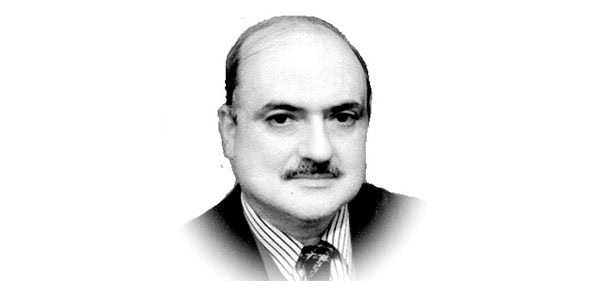The supermarket syndrome!
ONE wonders if the gentle reader has heard of the most apt definition of the supermarket. A supermarket, it goes, is the place you go to when you need to buy a tube of toothpaste.
When you emerge out of it after two grueling hours and a few hundred rupees worth of shopping, it suddenly dawns on you that you forgot to pick up the toothpaste you had initially gone in for!
That is what is known as the supermarket syndrome. The aforementioned, then, sets out the philosophy behind the idea of setting up supermarkets.
The person who first thought of it must have been a first rate psychologist and a sales expert rolled into one.
By all accounts, he or she must have been a genius.The theory behind the idea is simple enough.
The more a person is offered a tasteful display of products, the greater the temptation of buying them.
The mere fact that the person in question has no need for a certain product has nothing to do with it.
The good old laws of demand and supply have thereby all gone awry in the wonderful world of supermarkets.
Coming back to the supermarket philosophy, the only possible inhibiting factor on a person’s outrageous purchase spree in the supermarket could have been the contents of his or her wallet/purse.
This was once a powerful disincentive.But no longer! The genius of modern economics has got round that one handicap too.
The institution of plastic money – the credit card – has successfully shattered all myths, set aside all natural barriers and thereby remove all inhibitions imposed by such mundane factors as the limits of a person’s liquid assets.
People can now go on shopping sprees that have little or no relation to either their requirements or, indeed, to their purse.
Having come this far, one can now conveniently move on to another wonderful mutation of the modern world of economics: the ‘sale’.
During certain periods in the year, shopping malls put up outsize banners announcing astounding price reductions.
Go to any shopping mall and you cannot avoid running headlong into hordes of shoppers laden with shopping bags overflowing with goodies offered at some such sale or the other.
Now, what is bizarre about these sales is that it matters little whether the objects in question are needed by the person or, indeed, useful in any fashion.
Most people rush in to buy them merely because they happen to be ‘on sale’. The simple fact that there is a ‘sale on’ signifies that all inhibitions go out the window.
It matters little whether the items in question are such as the person would purchase in normal circumstances or even whether he or she can afford to buy them at all.
The thrill of buying at a price lower than normal overrides all other considerations. More often than not, the person ends up spending more money he or she would in normal circumstances and that on items that would not have received a second glance had they not been ‘on sale’.
In a sales season, the thrill of it all makes a person forget the fundamental rules of economics as also all norms of good sense.
The buyers simply grab at what they can lay their hands on and return home with the smug satisfaction of having made a killing.
It is only later when cooler counsels prevail and one sets down to do one’s sums, that one discovers that, to use an unsavory phrase, one has been had.
Impulse rather than good sense is the controlling force behind the philosophy of sales. One is not permitted to reason why or to enjoy the luxury of having second thoughts.
Most men folk try to get away with the fiction that it is not possible to escape unscathed in the sales season because of the nature of the fair sex.
This is not fair to say the least because the sales bug bites both sexes equally. One has seen, after each sales season, menfolk ending up with loads and loads of clothing that they did not need and, indeed, ill afford.
They invariably find that they have bought the wrong clothes for the wrong season. When the appropriate season for wearing the particular suit of clothing comes by, the fashions have already changed.
Not that this experience is enough to dissuade a person to be more careful the next time the sales season comes by!
The reader must have noticed that in that aforementioned narrative, one had made a passing reference to the advent of plastic money.
This is a more serious subject that one normally takes it to be. The credit card has had the devastating effect of removing the physical barrier against the temptation of over-reaching oneself.
When a person was obliged to pay over the counter in cash, he or she at least knew when to call it a day.
Now the credit card is akin to a laissez-passer, in other words a direct access to chaos in personal finances.
Who or what is to guarantee that a person does not engulf him or herself in the quagmire of financial over-reach?
A person today is exposed to financial disaster as never before, all because of the exploits of our financial and economic wizards.
Man, and indeed nations, have come to grief due to the temptation held out by flexible credit limits.
Several countries and nations have been brought to their knees after having borrowed indiscriminately and to excess from international money lenders.
We in the Land of the Pure ought to know since we have felt no qualms about shackling our coming generations in redundant debt merely to satisfy our lust for pelf.
The tragedy is that by the time knowledge dawns it is invariably too late to make amends. But that, as they say, is another story!
— The writer is a former Ambassador and former Assistant Secretary General of OIC.










